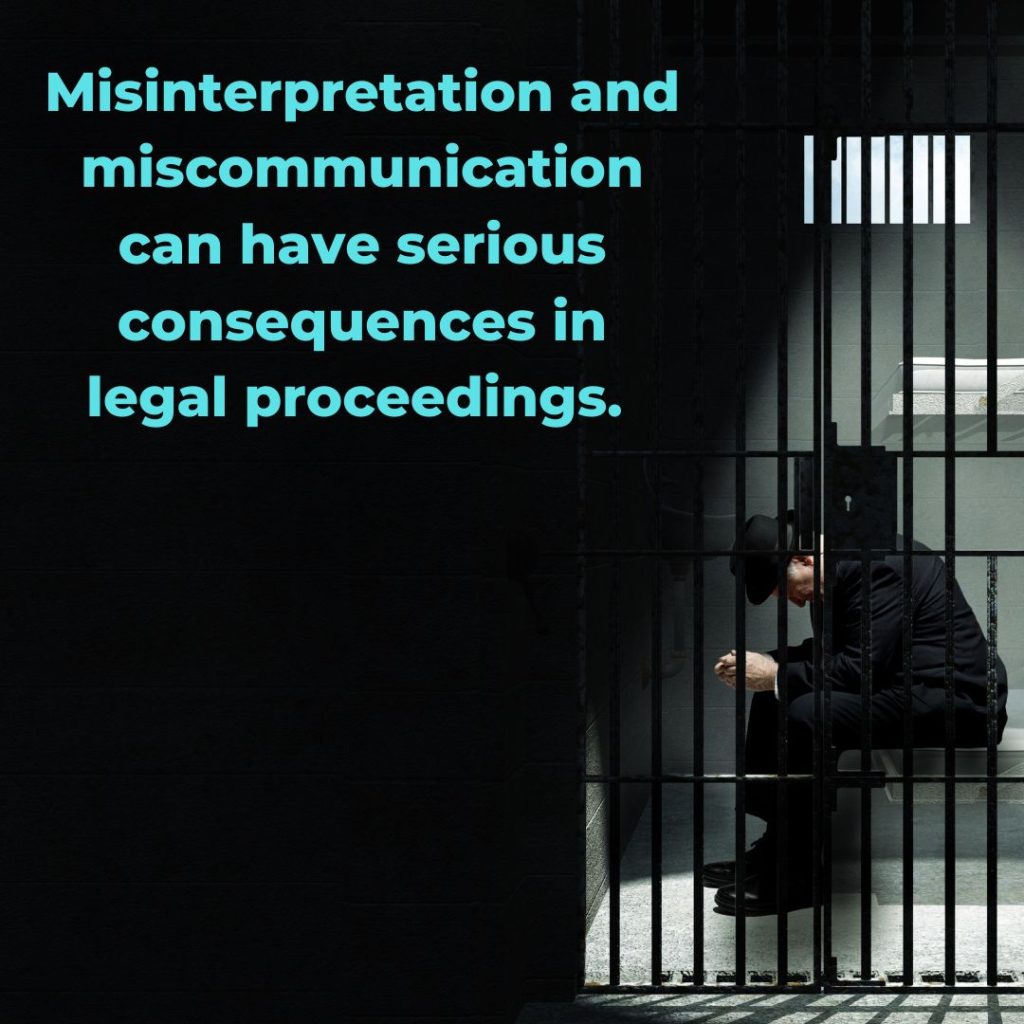Legal Risk and Liability for Not Using a Professional Interpreter in Canada

Effective communication is essential in a multicultural and diverse country like Canada, especially in legal settings where accuracy and clarity are paramount. When individuals or organizations fail to utilize professional interpreters, they expose themselves to various risks and potential liabilities.

Understanding the Importance of Professional Interpreters
Professional interpreters play a crucial role in ensuring effective communication between parties who speak different languages. They possess the necessary linguistic skills, cultural knowledge, and legal terminology expertise to facilitate accurate interpretation. By using professional interpreters, legal professionals can eliminate language barriers and promote understanding among all parties involved.
Legal Implications of Not Using a Professional Interpreter
The decision to forgo professional interpreters can have significant legal implications. Courts and legal authorities recognize the importance of accurate interpretation to uphold fairness, justice, and due process. Failing to utilize professional interpreters may be seen as a breach of legal obligations, leading to potential liability.
Risks in Legal Proceedings
- Misinterpretation and Miscommunication
When non-professional interpreters or unqualified individuals are used, there is a higher risk of misinterpretation and miscommunication. Legal proceedings require precise and accurate interpretation, as even a small error in translation can lead to misunderstandings and incorrect outcomes.
- Negative Impact on Fairness and Justice
The absence of a professional interpreter can negatively impact the fairness and justice of legal proceedings. With proper interpretation, individuals who understand the language used may be able to comprehend their rights fully, the charges against them, or the evidence presented. This inequality undermines the principle of equal access to justice.
- Increased Costs and Delays
Inadequate interpretation can result in increased costs and delays in legal proceedings. If parties involved cannot effectively communicate, it may lead to miscommunication, adjournments, and additional hearings, prolonging the overall process. This not only adds financial burdens but also hinders the timely resolution of cases.
- Loss of Credibility and Trust
When non-professional interpreters are used, it can erode credibility and trust in the legal system. Parties may question the accuracy and impartiality of the interpretation, leading to doubts about the overall integrity of the proceedings. This can have long-lasting damaging effects on the legal professionals’ reputation.
- Negative Effects on Clients
For clients who require interpretation services, the absence of a professional interpreter can have detrimental effects. They may feel misunderstood, excluded, or unable to communicate their needs or concerns effectively. This can lead to frustration, diminish trust in legal professionals, and hinder their ability to participate fully in their legal matters.
Potential Legal Consequences
Not using professional interpreters can expose individuals or organizations to various legal consequences. Courts may consider the failure to provide appropriate interpretation as a violation of the right to a fair trial or equal access to justice. This can result in appeals, overturned judgments, or even legal actions against the responsible parties.